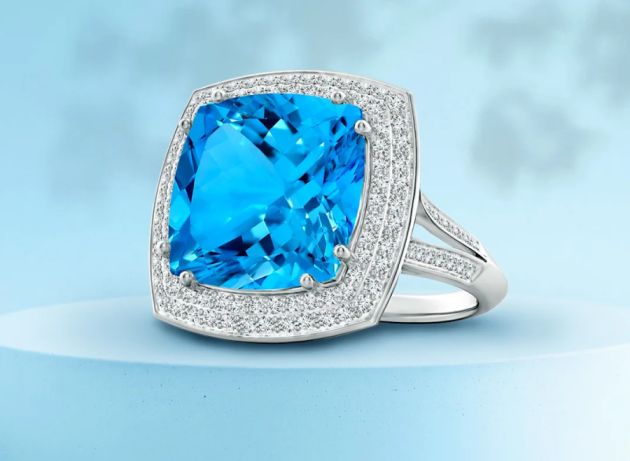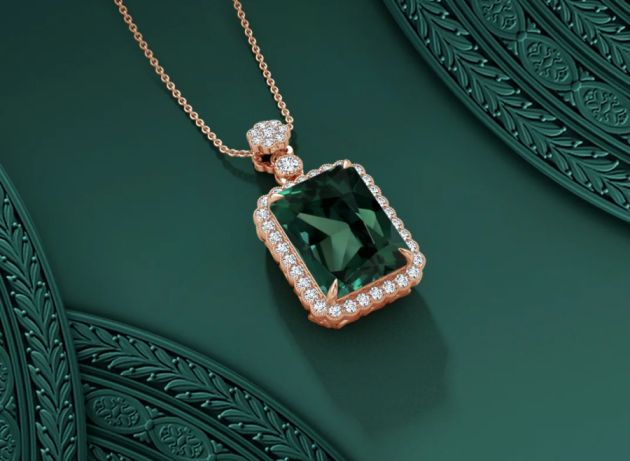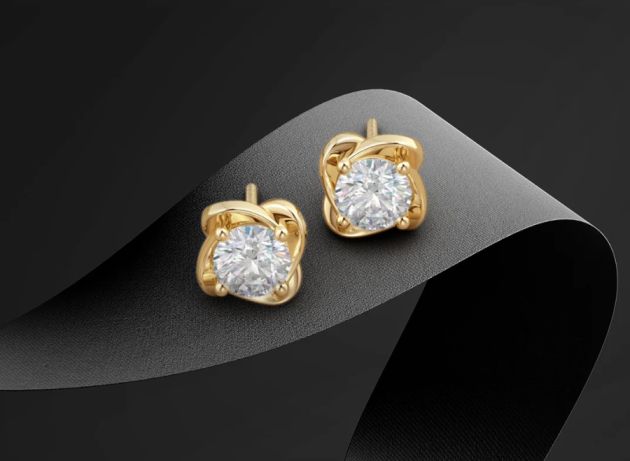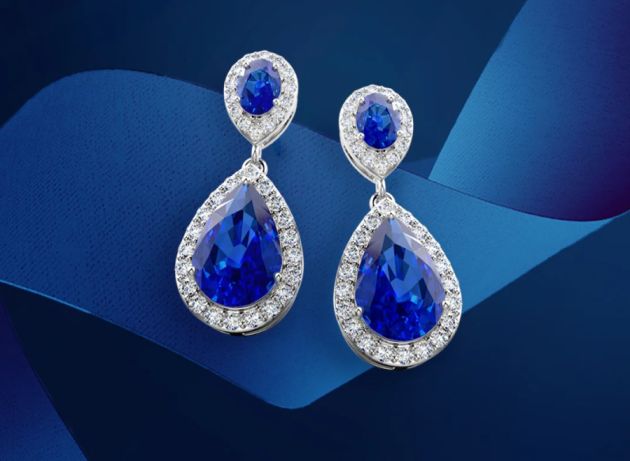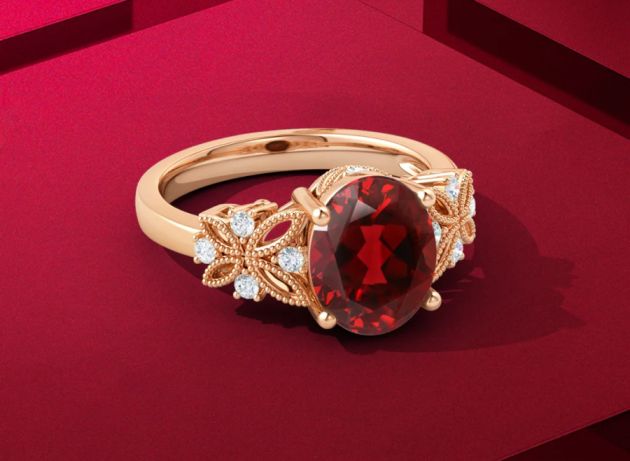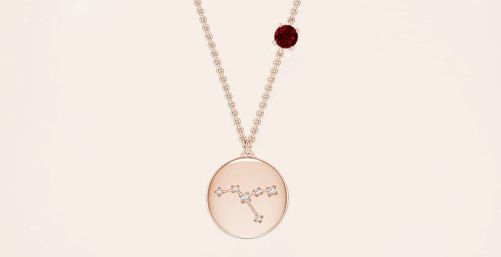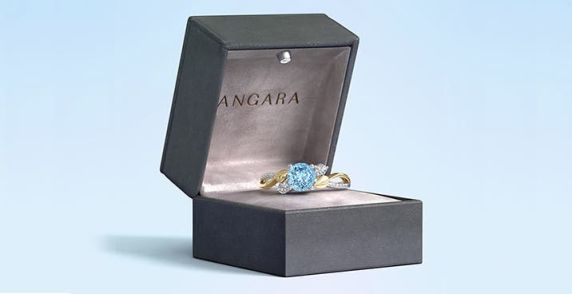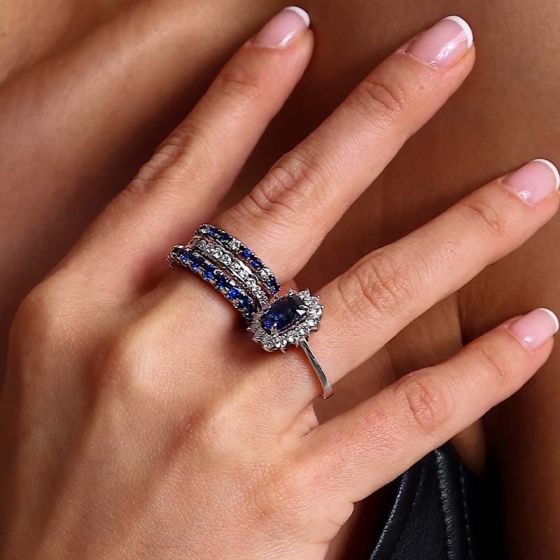Known as one of the rarest gemstones to be found globally, tanzanite first made its appearance back in the 60s. Sought-after for its eye-catching colour, beauty, and rarity, the tanzanite has garnered widespread attention for almost half a century. However, many people believe that this gemstone’s vibrant violet-blue hue is a result of artificial treatments.
So, let us discuss further if there is any truth to this assumption.
Do all Tanzanites undergo treatment?
Yes, the majority of them do!
The most prominent feature of tanzanite is undoubtedly its brilliant colour. But it is important to note that this gem is pleochroic, which means that it can show different hues when viewed from different crystallographic directions. Its colours can range from blue to brown and violet to purple.
Most of the time, however, tanzanites found in nature are brown or golden. Such stones are usually heat-treated to up to 600 degrees Celsius to obtain that beautiful and rich violet-blue hue that tanzanites are known for. Furthermore, heat-treating this gemstone also improves its clarity by eliminating few eye-visible inclusions.
Tips to remember when purchasing Tanzanite
Loved for its majestic appeal, this December birthstone is named after the only location it is found in, Tanzania. And due to its exceptional rarity and high demand, it doesn’t come as a surprise that fake tanzanites are now being sold in the market. To ensure that you bring home the real gem, please do keep the following tips in mind.
1. Look for the Certificate of Authenticity
Tanzanite is a rare and stunning marvel from Africa, and every time you shop for one make sure to cheque the certificate of authenticity. It usually mentions various details about the gem, such as its colour, dimensions, quality grade, carat weight, and even enhancements (if any).
This certificate is vital as it unveils various aspects of the gem while establishing its authenticity. So essentially, it helps you know exactly what you’re bringing home.
Alternatively, you can also opt for tanzanites that are certified by the Gemological Institute of America – a world-renowned name in the gemstone industry, known for its stringent evaluation process.
2. Know More About the Seller
Purchasing fine jewellery from an unknown source is extremely risky. And that is why we recommend doing a background cheque of the seller and also verifying the brand’s authenticity. You can do so by going through their credentials uploaded on the website and also the reviews/comments present on the brand’s social media handles.
3. Ask Questions
Asking questions and resolving doubts is an effective way to ensure that you are not disappointed with your purchase. To do this, get in touch with the customer service team of your chosen brand and clear all the questions that you may have in mind. You could also ask for all details related to the replacement and return policy that lets you know if you can exchange or receive a full refund in case of any discrepancies.
Parting Note
Now that you are aware of the kind of treatments that most tanzanites usually undergo, along with buying tips, nothing should stop you from purchasing this gorgeous beauty. So, go on, explore and choose the best one!
Also Read: Is Tanzanite a Precious Stone?
